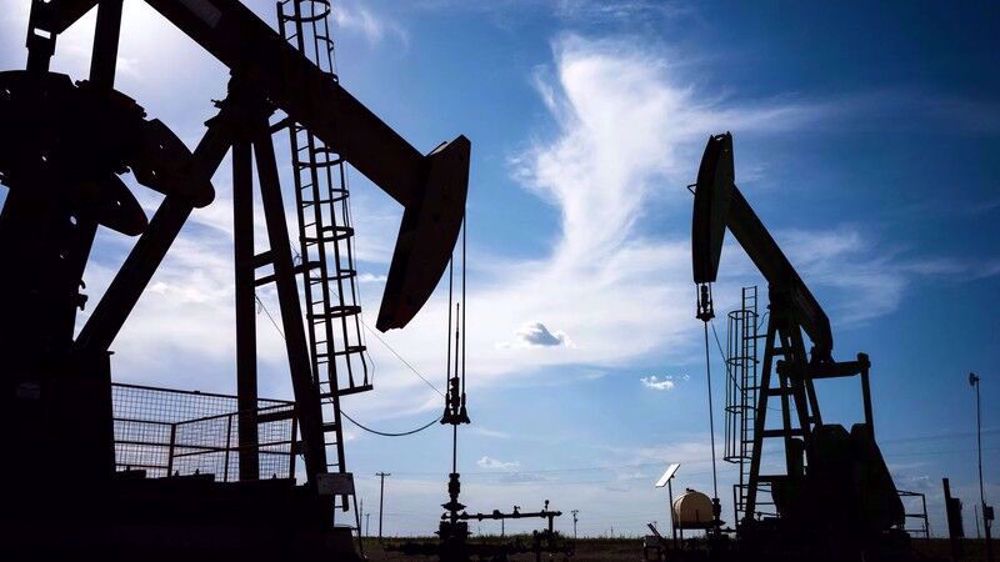77,000 sacked by Saudi Binladin Group
Reports emerged on Monday that the Saudi Binladin Group, one of the kingdom’s most powerful firms, has sacked 77,000 foreign workers.
The revelation was made by Al-Watan newspaper which said Binladin, that has built some of the kingdom’s landmarks, is also facing accusations that it is failing to pay salaries to its staff.
AFP has quoted an unnamed official working with the firm that “some staff have been let go” without providing an exact number.
Another official has also been quoted as saying that the move was in line with a drop in the number of Biladin projects.
"The size of our workforce is always appropriate to the nature and size of projects and the timeframe they are to be carried out by the group," Yaseen Alattas, a Saudi Binladin Group spokesman, told AFP.
He said workforce changes would be normal "especially when some projects have ended or are about to end".
Most of the jobs eliminated "are on specified term contracts" for particular projects, Alattas said
The report by Al-Watan said the sacked employees were among 200,000 expatriates – mostly believed to be Egyptians - employed by the company.
It added that 12,000 out of the 17,000 Saudis working for the firm as engineers, administrators and inspectors were also expected to be let go.
The AFP said it had realized in March that delayed receipts from the government, whose oil revenues collapsed over the past two years, have left employees of the kingdom's construction giants struggling to survive while they await their salaries.
However, Binladin Group was also sanctioned by the government after a deadly crane accident in Mecca last September, it added.
On Friday, Al-Watan reported that 50,000 of the group's staff were refusing to leave the country while their salaries remained unpaid after more than four months, AFP said.
An Arab News report on Monday blamed "unpaid workers" for torching several Binladin Group buses in Mecca over the weekend.
The Group developed landmarks including the domed Faisaliah Tower in central Riyadh and the Mecca Royal Clock Tower, one of the world's tallest buildings.
After decades of thriving on lucrative government contracts, the company faced unprecedented scrutiny after one of its cranes working on a major expansion of the Grand Mosque in Mecca, Islam's holiest site, toppled in September.
At least 109 people including foreign pilgrims died, leading King Salman to suspend the firm from new public contracts.
This has been a factor in the firm's economic difficulties, a well-informed source has told AFP.
VIDEO | Israeli PM Netanyahu in multiple crises
US maximum pressure will be met with ‘maximum resistance’, will fail again: Iran Deputy FM
VIDEO | Israel expanding war zone
VIDEO | Amsterdam protests exploited and called anti-Semitic
VIDEO | Israeli assassination campaign
VIDEO | Economic crisis affecting Israel
VIDEO | Short film details Israeli strike on Gaza’s Al-Ahli hospital in October last year
VIDEO | Israeli use of foreign mercenaries










 This makes it easy to access the Press TV website
This makes it easy to access the Press TV website